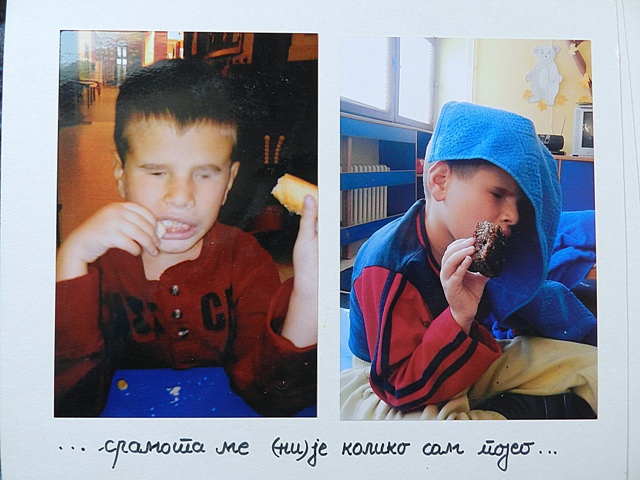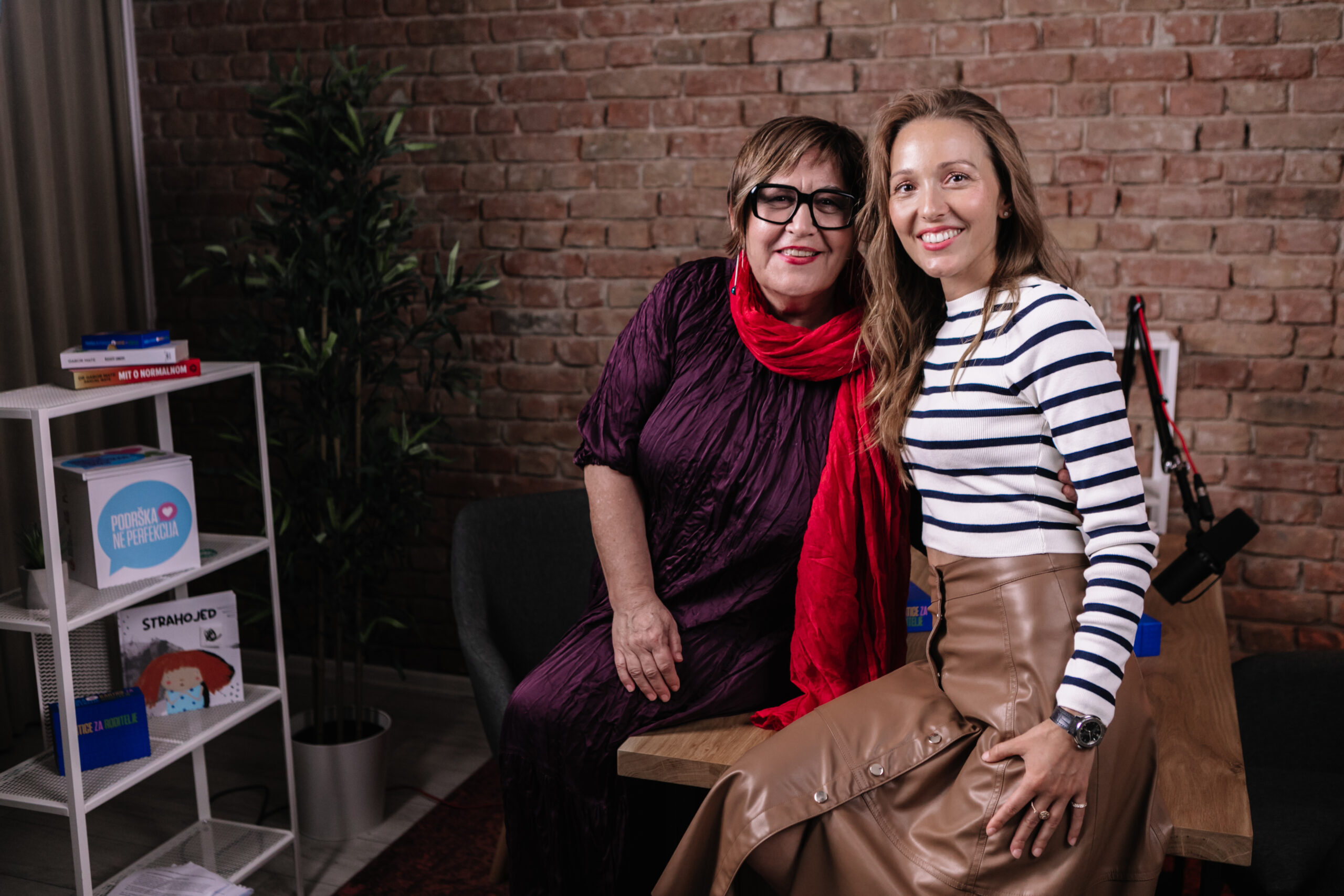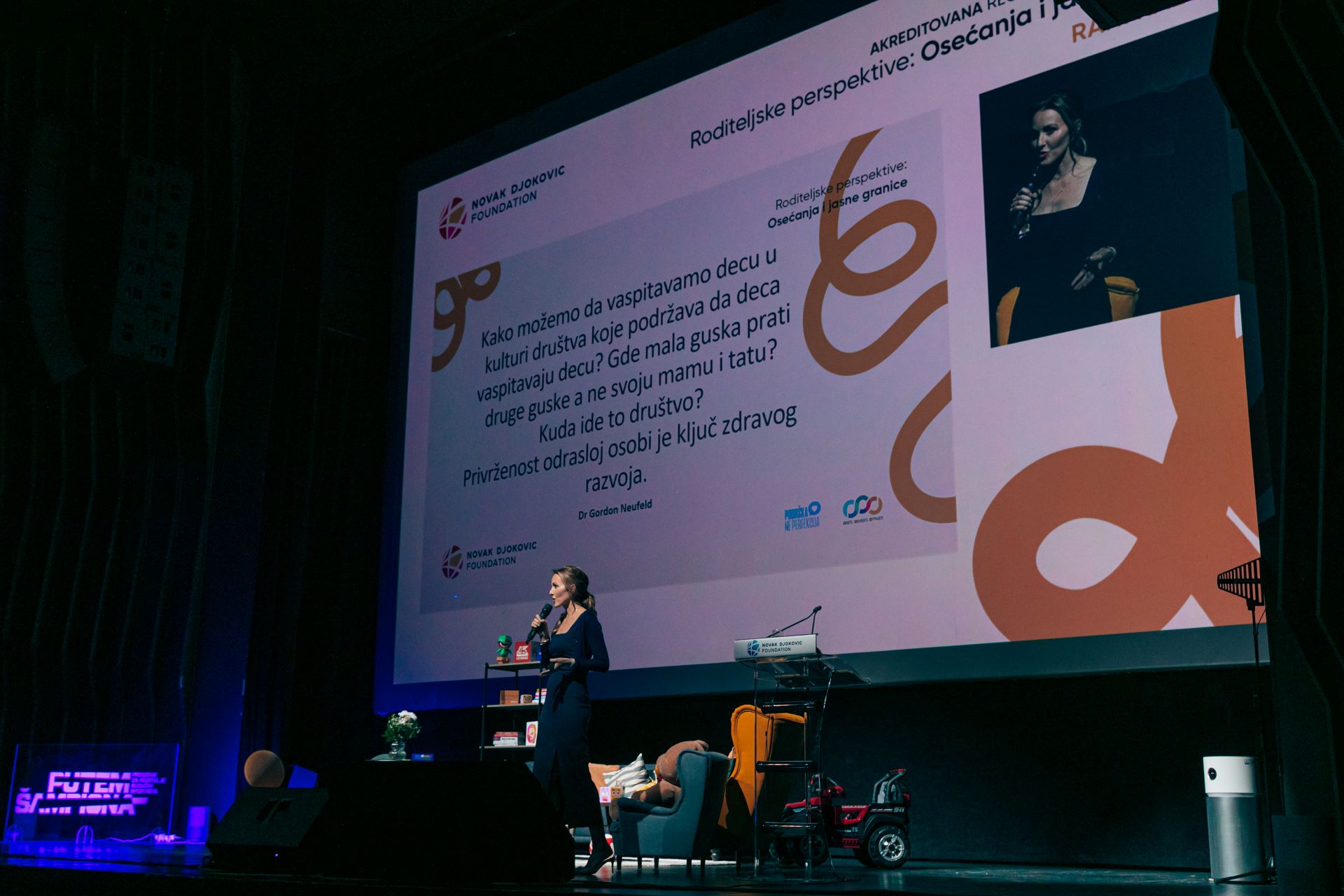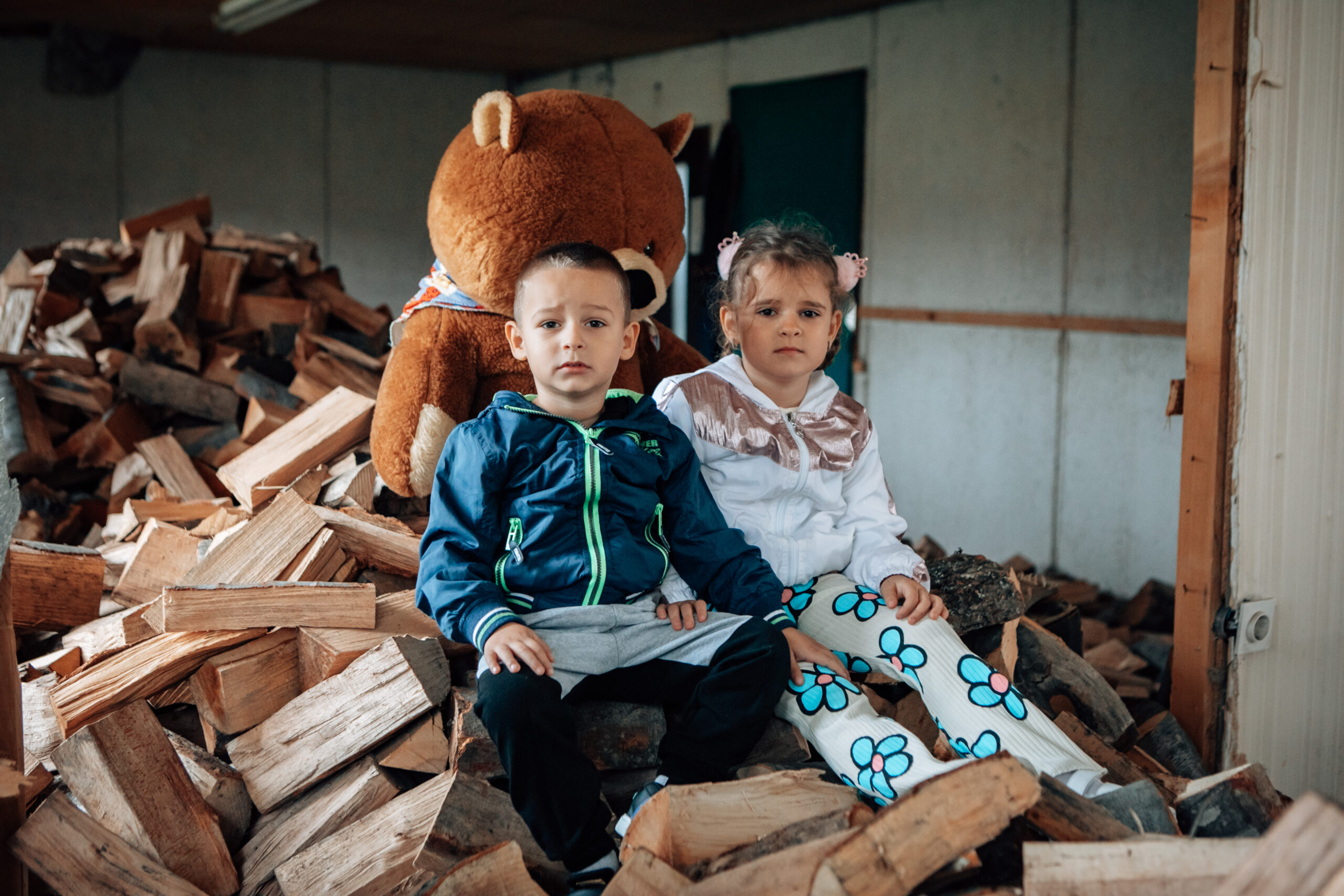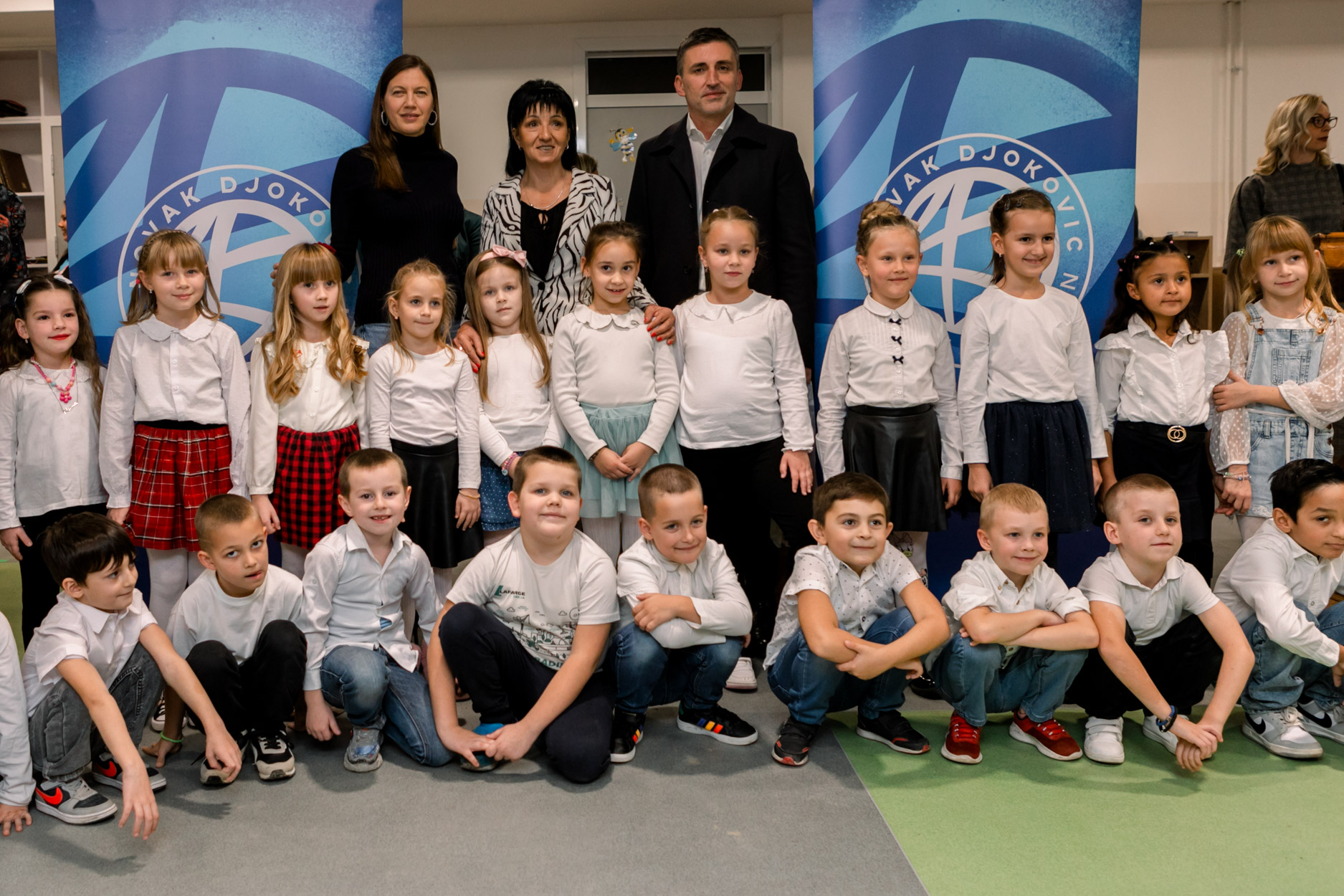Not every kindergarten has specially trained teachers to work with children with disabilities, and that might be a problem. Another thing is that such institutions are often quite distant and it is difficult for parents to take their children there .
Should we enroll our child into kindergarten? We already have some family members who can take care of our kid, and we can even hire a nanny…So, we are not sure what would be the best option for the child“¦
Many parents have the same dilemma, they ask similar questions, trying to find the best solution.Why is that so?
The way teachers work with children, nutrition issues, child’s disapproval and rejection of kindergarten and obligatory afternoon naps are just some of the reasons why parents give up the idea of kindergarten, so they try to find another solution. These and many other questions also have the parents of children with special needs. Not every kindergarten has specially trained teachers to work with children with disabilities, and that might be a problem. Another thing is that such institutions are often quite distant and it is difficult for parents to take their children there .
 Therefore, I would like to tell you how my brother felt in the kindergarten, and to share his experience over this. He spent some great time there, and with the help of loving and caring teachers he learned to accept other children. He made many new friends there, too. I hope this story will provide answers to some of the questions parents of children with special needs face with, and to solve their dilemma – to enroll a child in kindergarten or not?
Therefore, I would like to tell you how my brother felt in the kindergarten, and to share his experience over this. He spent some great time there, and with the help of loving and caring teachers he learned to accept other children. He made many new friends there, too. I hope this story will provide answers to some of the questions parents of children with special needs face with, and to solve their dilemma – to enroll a child in kindergarten or not?
Luka started kindergarten before he was 6. Before that, my parents have tried to get him work with defectologist, but he was not so cooperative. It seemed that defectologist worked inadequately with Luka, since after a couple of months it showed no results. Then we started looking for an institution that would be appropriate for him. We soon discovered that there is a kindergarten in our neighbourhood, named after the famous Serbian children’s poet Duško Radović. It has special groups for not more than five children with different types of disabilities. Some of these kids are blind, others do not speak, some have celebral palsy or other kind of disabilities. The questions parents try to find an answer to are – who will take care of children; are the teachers experienced educators; are they fully committed to work? Is it safe to leave a child with special needs during the day, since the child has already built habits? Will the teachers be able to recognize these things and will they understand your child better than you, especially if the child says nothing?
 First of all, without any doubt, teachers who work with children with special needs are trained to do so, they are experienced enough, they can understand the needs of your child and help him or her learn something new. It may not be easy at the beginning, but over time, with your help and suggestions, they will get to know your child well enough and they will be able to give him the best care and attention at any moment. Before going to kindergarten Luka was very attached to family members. He rarely allowed a stranger to come near him, or to cuddle and play with him. That’s why we were worried about his starting kindergarten. We were wondering how would he behave and whether would he want to cooperate at all…
First of all, without any doubt, teachers who work with children with special needs are trained to do so, they are experienced enough, they can understand the needs of your child and help him or her learn something new. It may not be easy at the beginning, but over time, with your help and suggestions, they will get to know your child well enough and they will be able to give him the best care and attention at any moment. Before going to kindergarten Luka was very attached to family members. He rarely allowed a stranger to come near him, or to cuddle and play with him. That’s why we were worried about his starting kindergarten. We were wondering how would he behave and whether would he want to cooperate at all…
However, the same situation is with children without developmental disabilities. They also do not accept so easily staying in kindergarten. I remember how I used to run away from my grandmother when I realized that I had to sleep in the nursery. My sister also cried every time our parents took her to kindergarten. This lasted until she discovered a delicious snack, met new friends and when she realized that being in kindergarten and playing with kids could be so much fun. My parents knew that even though there was a possibility that Luka did not immediately accept new environment, staying with children was very important and would be of great importance for his socialization.
 During his first day in kindergarten Luka spent just half an hour with teachers. Every next day he stayed longer and it turned out that there was no reason for worry. He even found his favourite place in the room – he liked to rest sitting on a lazy bag or mattress. He slowly got to know kindergarten teachers. At first, he did not accept any of their suggestions, the overall environment was new for him, and like every child it took him some time to fully adjust. He was lucky to have wonderful teachers such as Gaga and Bilja, as well as nurse Daca, who were constantly there for him and his friends. Although each of these kids has specific needs and different characters, the teachers became their friends and they found a way to meet their every need.
During his first day in kindergarten Luka spent just half an hour with teachers. Every next day he stayed longer and it turned out that there was no reason for worry. He even found his favourite place in the room – he liked to rest sitting on a lazy bag or mattress. He slowly got to know kindergarten teachers. At first, he did not accept any of their suggestions, the overall environment was new for him, and like every child it took him some time to fully adjust. He was lucky to have wonderful teachers such as Gaga and Bilja, as well as nurse Daca, who were constantly there for him and his friends. Although each of these kids has specific needs and different characters, the teachers became their friends and they found a way to meet their every need.
This provides an answer to another question that bothers many parents. Given the specific medical condition of their child, many fear that the teacher will not know how to react in case of emergency such as epileptic seizures, injuries or similar things in the right way in order to help the child. That’s why each group has a nurse who is there to provide the child with adequate care and to help him according to his or her health condition. If she is as nice, funny and thoughtful as Luka’s nurse Daca, parents can be sure that their child is in good hands. Luka’s kindergarten teachers quickly became fond of him. They tried to get to know him, discovering what he likes in order to make his staying in kindergarten nice and interesting. He tried to climb to every place he could find in the room, when he thought that the teachers went out. They sometimes remained silent on purpose, just to see if he would make some mischief. They let him explore every corner of the room and playground. Most of the time he was swinging and climbing on the jungle gym. Thanks to Gaga, Daca and Bilja, my brother Luka has mastered various skills and became popular among friends.
 The next thing parents fear is whether their child would like food in kindergarten.Many of Luka’s friends have a specific diet. When he went to kindergarten Luka refused to eat many things. Only a few dishes were on his menu, and my mom had to feed him. In case she was absent, the feeding was dad’s or my own responsibility. „How will he hold all day without eating?“ – we frequently wondered. Indeed, Luka initially refused to eat in kindergarten. Like all blind children, he has a very developed sense of smell, and before he tastes sometning, he smells it and if he does not like the smell, he refuses even to try it. I can say that his eating was my mom’s biggest concern. However, as the time passed Luka slowly started to eat different dishes in the kindergarten. He also accepted to be fed by teachers. I believe that other children, who are in the same situation, stop refusing food. Being hungry they eat and try out some new flavours. In most cases in kindergarten kids eat what they have never tasted before at home. It takes only a little bit of patience and persistence. Even today we are surprised when the teacher tells us that Luka has drunk yogurt, or ate a cucumber or croissant. He does not want even to try these things at home. So, do not be afraid to enroll your child in kindergarten only because you are worried what your child should eat there. You may soon ask for the recipes that kindergarten is using to prepare food for children and make the very same cake that your child is eating in kindergarten.
The next thing parents fear is whether their child would like food in kindergarten.Many of Luka’s friends have a specific diet. When he went to kindergarten Luka refused to eat many things. Only a few dishes were on his menu, and my mom had to feed him. In case she was absent, the feeding was dad’s or my own responsibility. „How will he hold all day without eating?“ – we frequently wondered. Indeed, Luka initially refused to eat in kindergarten. Like all blind children, he has a very developed sense of smell, and before he tastes sometning, he smells it and if he does not like the smell, he refuses even to try it. I can say that his eating was my mom’s biggest concern. However, as the time passed Luka slowly started to eat different dishes in the kindergarten. He also accepted to be fed by teachers. I believe that other children, who are in the same situation, stop refusing food. Being hungry they eat and try out some new flavours. In most cases in kindergarten kids eat what they have never tasted before at home. It takes only a little bit of patience and persistence. Even today we are surprised when the teacher tells us that Luka has drunk yogurt, or ate a cucumber or croissant. He does not want even to try these things at home. So, do not be afraid to enroll your child in kindergarten only because you are worried what your child should eat there. You may soon ask for the recipes that kindergarten is using to prepare food for children and make the very same cake that your child is eating in kindergarten.

The fact that small number of kindergartens that have groups for children with special needs is definitely a problem in the city we live. As a result, distance to adequate institutions seems like a big obstacle for some parents. However, it is very important for your child’s socialization to be in a group with other children. Staying in kindergarten is also an excellent preparation for school. The benefits are great and it is worth changing two bus lines and crossing a few kilometres to get to the kindergarten.
Groups for children with special needs are small and parents may think that their children are too isolated, comparing to other kids. They are also concerned that their children with disabilities will not be accepted in the community, and that it would be better to enroll them in an institution for children with special needs only. To our surprise, Luka quickly accepted other children, and they became fond of him as well. Girls of his age from regular groups often took him out to play. He also used to come to regular groups on his own, and he spent some time there with the children. Everybody liked him and shared toys with him. I believe that, if there is a posibility, every kindergarten should have a group for children with special needs. In that way other kids could learn to accept children with disabilities.
 Luka went to kindergarten until last fall when he started first grade at school for the blind and visually impaired. Staying in kindergarten and working with dedicated and attentive teachers prepared him not only for school, but for everyday situations as well. He was no longer a child who did not allow almost anyone to come near him. Instead, he became one of the most popular boys in kindergarten and definitely one of the biggest molly-coddies. For a New Year the teachers gave him as a present album with the photos on which was Luka taking part in the masquerade ball, playing and making mischief. I hope that Luka’s experience with kindergarten will encourage many moms and dads who hesitate to enroll their children with special needs in kindergarten. I also believe that every nursery has its own Gaga, Bilja or Daca with whom your child can spend great time and learn many new things.
Luka went to kindergarten until last fall when he started first grade at school for the blind and visually impaired. Staying in kindergarten and working with dedicated and attentive teachers prepared him not only for school, but for everyday situations as well. He was no longer a child who did not allow almost anyone to come near him. Instead, he became one of the most popular boys in kindergarten and definitely one of the biggest molly-coddies. For a New Year the teachers gave him as a present album with the photos on which was Luka taking part in the masquerade ball, playing and making mischief. I hope that Luka’s experience with kindergarten will encourage many moms and dads who hesitate to enroll their children with special needs in kindergarten. I also believe that every nursery has its own Gaga, Bilja or Daca with whom your child can spend great time and learn many new things.

